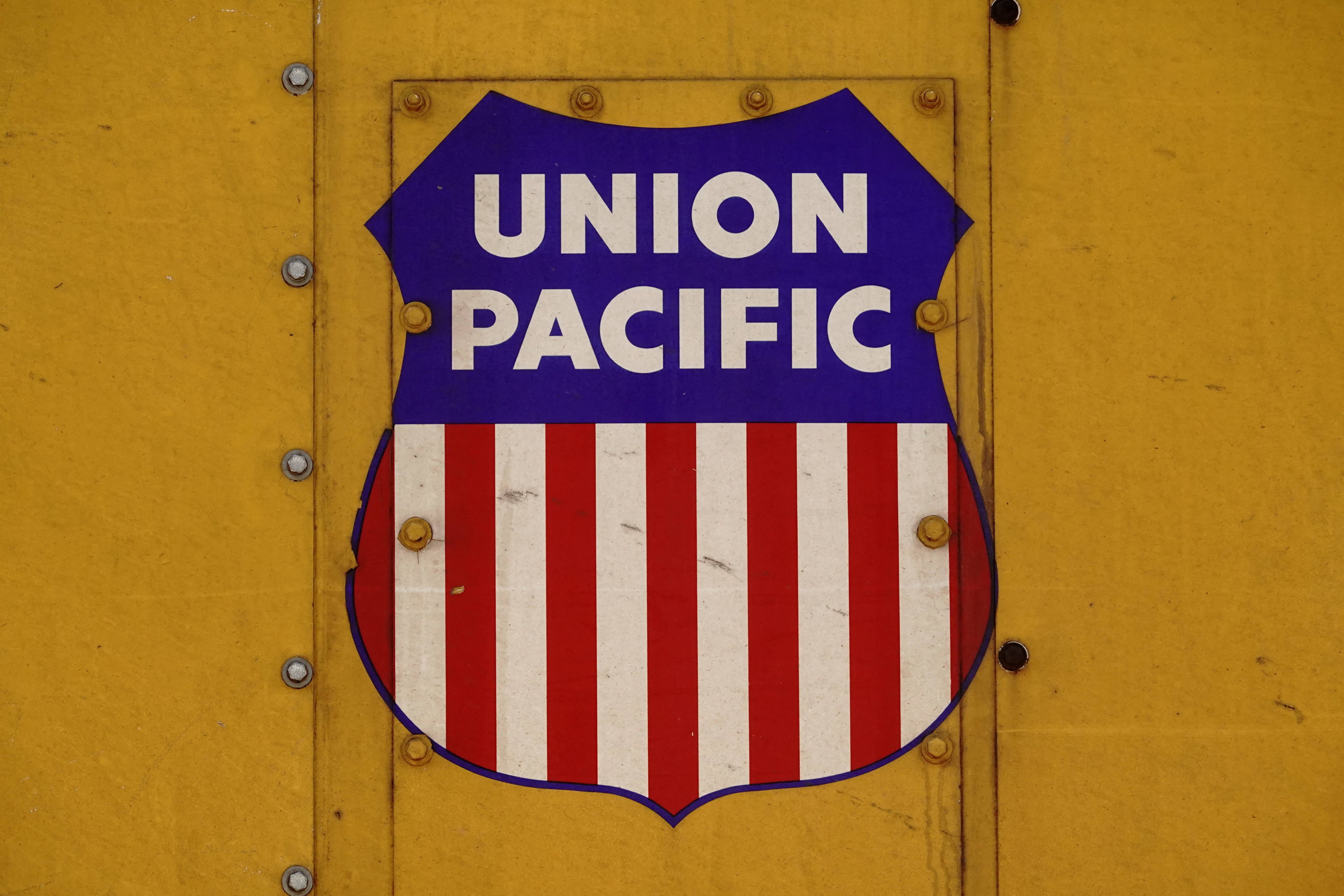OMAHA, Neb. (AP) — Three major freight railroads responded Monday to the Canadian Pacific-Kansas City Southern merger with an agreement to work together on a competing service to carry shipments across North America.
Canadian National, Union Pacific and Grupo Mexico railroads said Monday that they will work together to quickly move intermodal cars filled with shipping containers from Mexico north across the United States to the key hub of Chicago and further north into Canada.
The new service will directly compete with CPKC’s new single-line network that is the only railroad directly connecting all three countries. The three railroads said Monday they believe their service will be superior to CPKC because Grupo Mexico has a bigger rail network in Mexico and Union Pacific has a more direct route north to Chicago.
“This is a steel wheel interchange service that leverages the best of our three networks and creates the most direct route and fastest transit time between Canada and Mexico,” CN CEO Tracy Robinson told investors during a conference call Monday.
The new offering from the three railroads comes just days after CPKC announced a major agreement with the Schneider National trucking firm to become the preferred railroad to handle that company’s intermodal shipments to and from Mexico. CPKC didn’t immediately respond to the other railroads Monday.
All the railroads say they hope their offerings will be able to persuade companies to ship more of their products by rail instead of truck, which they say will reduce greenhouse gas emissions because railroads are more efficient over long distances. That’s the long-term goal, but initially they may be fighting between each other over some of the same traffic.
Union Pacific CEO Lance Fritz said the new service should help support the railroads’ goals to reduce carbon dioxide emissions.








